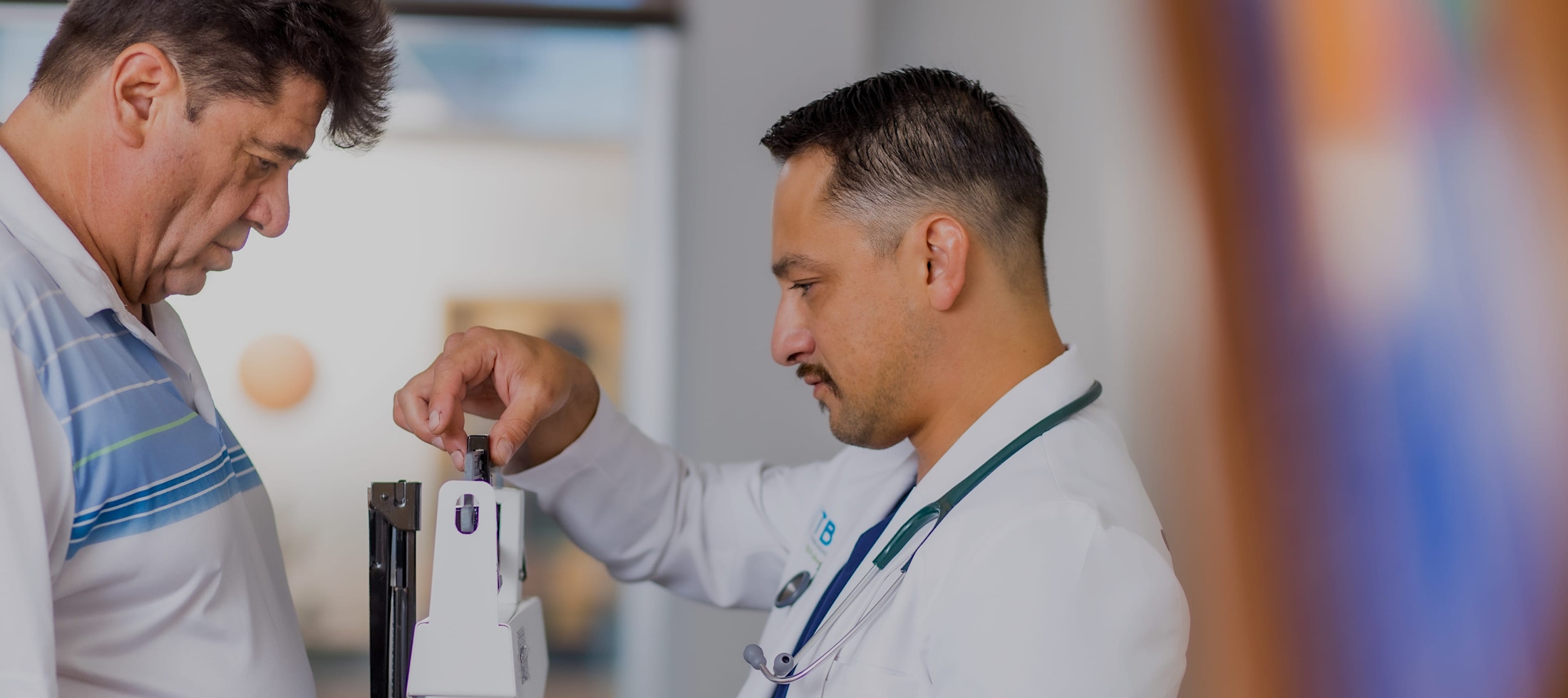Why Am I Gaining Weight Back?
Bariatric surgery produces dramatic weight loss: patients often report losing up to 60% to 75% of their starting weight. However, despite these staggering statistics, just as many patients experience a weight plateau or see their weight begin to creep up again months or years after their bariatric procedure.
Common Causes
Several reasons can lead to weight gain. Sometimes, the cause is as simple as a patient slipping in their eating habits or exercise routine. Other times, it may signal post-surgical complications. But weight gain is often just the result of normal physiology. The human body is designed to store energy reserves in case of periods of starvation. Once your body adjusts to its new digestive system, it will begin to maximize energy absorption. As a result, patients often start regaining weight.
Patients may regain as much as eight to ten percent of their original weight.
Factors That Affect How Much Weight You Gain
The amount of weight gain a patient will experience depends mainly on the type of bariatric surgery performed. With purely restrictive surgeries, such as Lap-Band® or gastric sleeve surgery, which reduce intake by reducing stomach capacity, patients may regain as much as 8% to 10% eight of their original weight. In addition to restricting the size of the stomach, malabsorptive surgeries like gastric bypass or duodenal switch surgery change how your system digests the foods you eat. As a result, patients undergoing these types of procedures often regain less excess weight.







